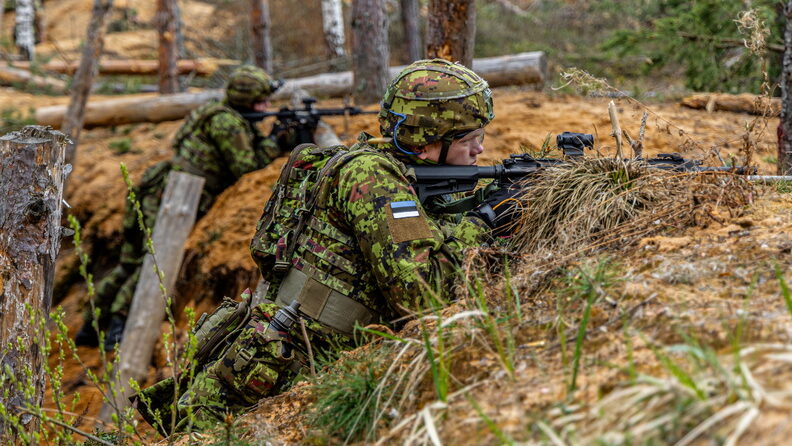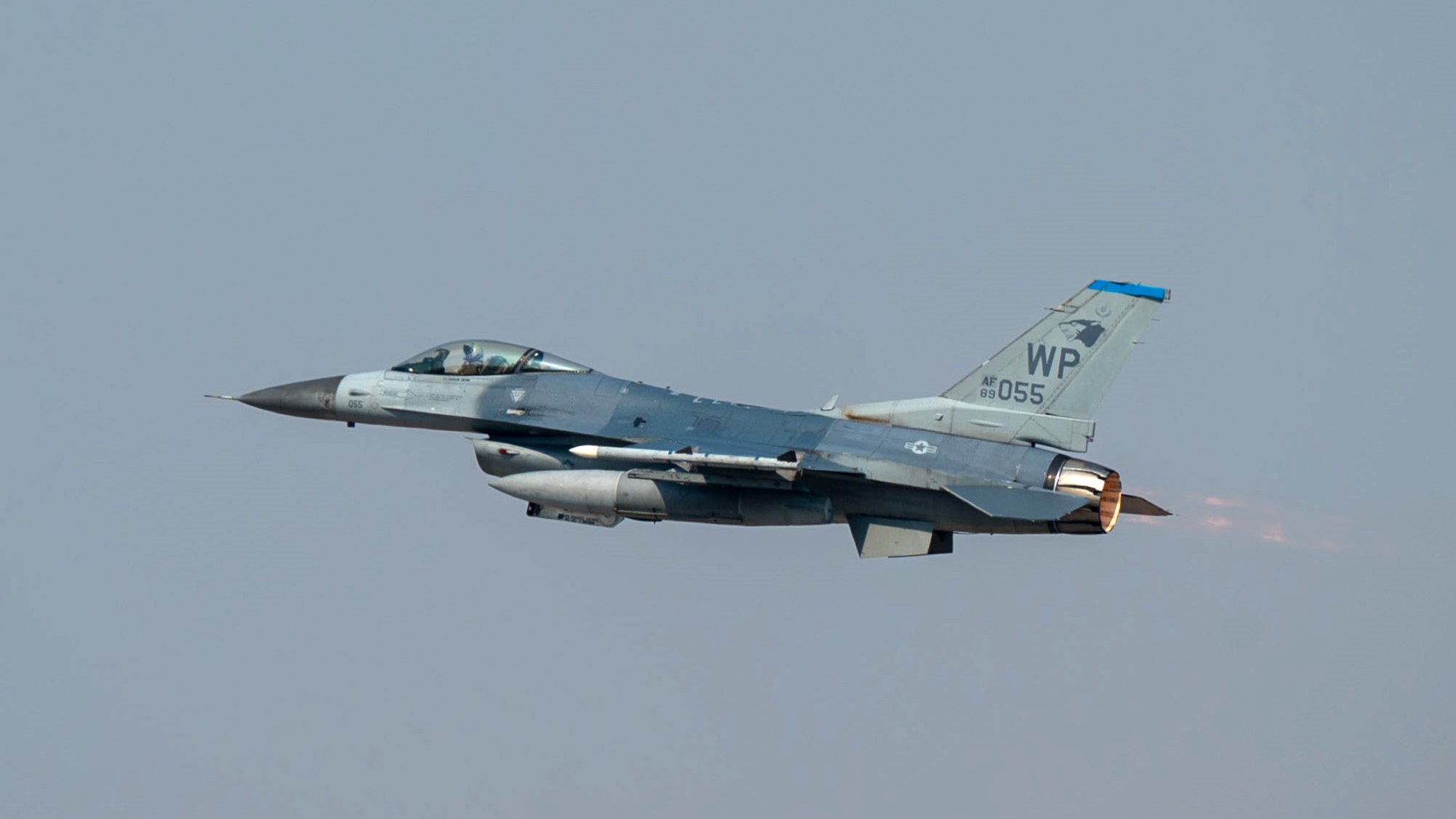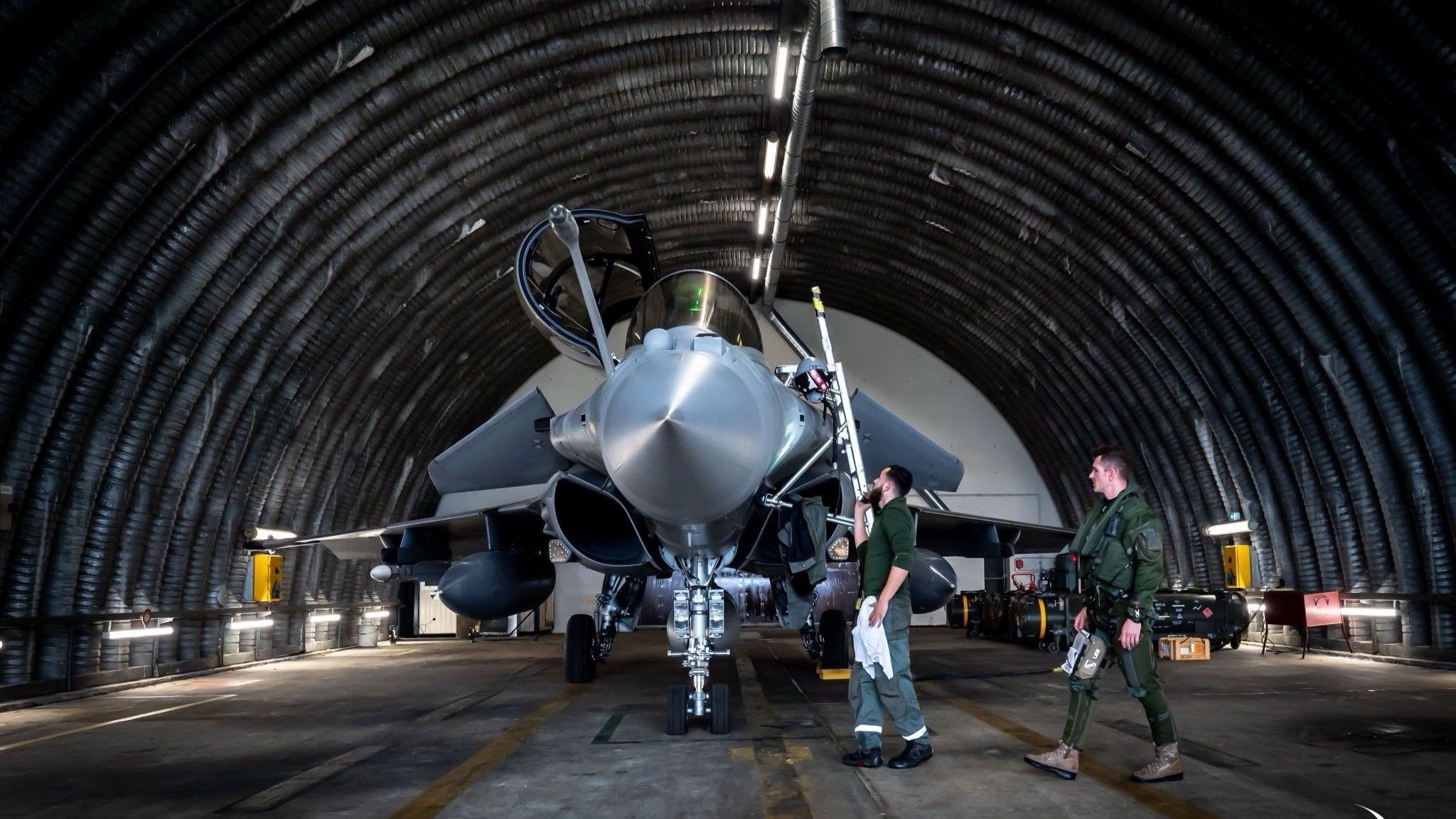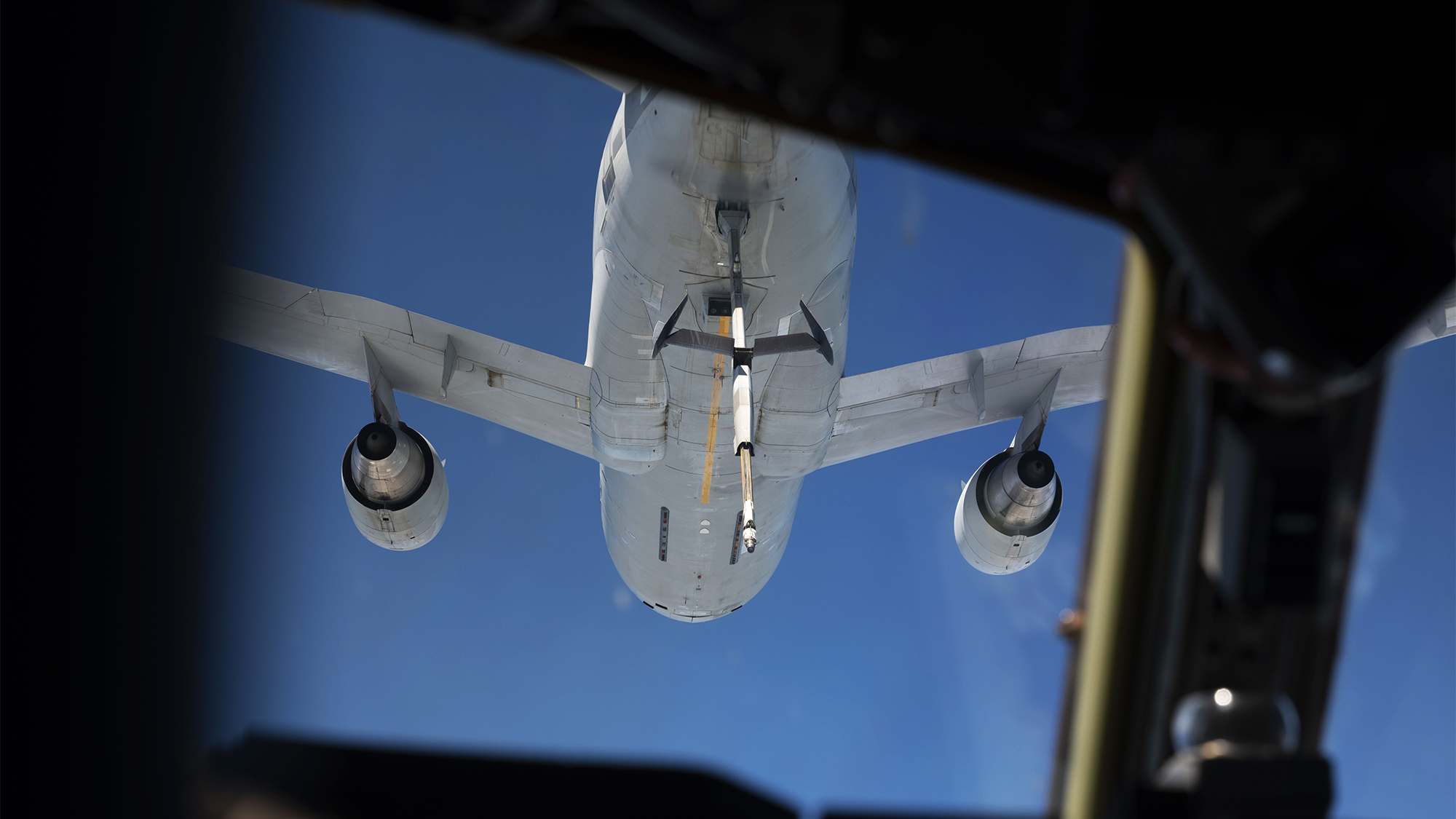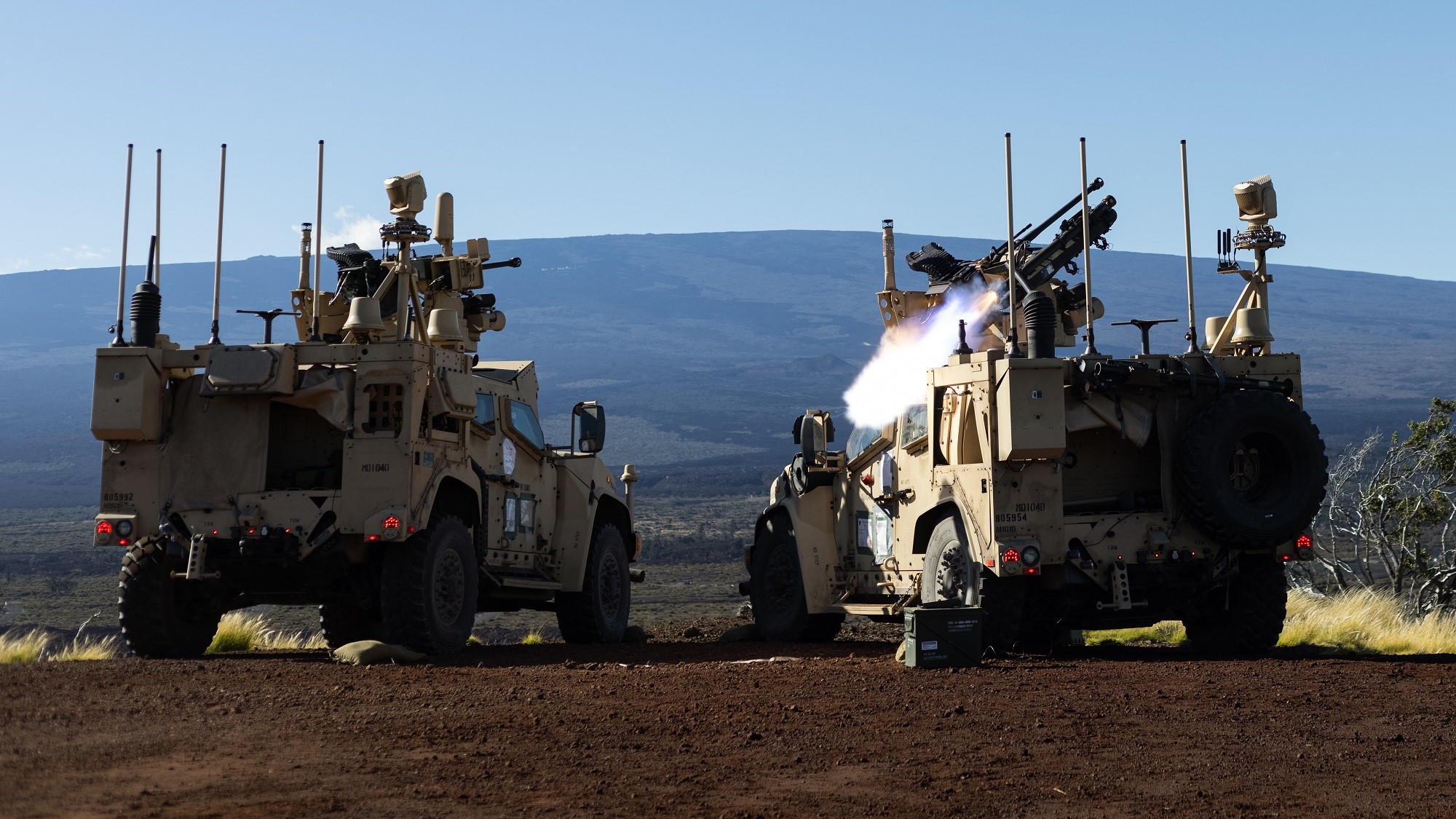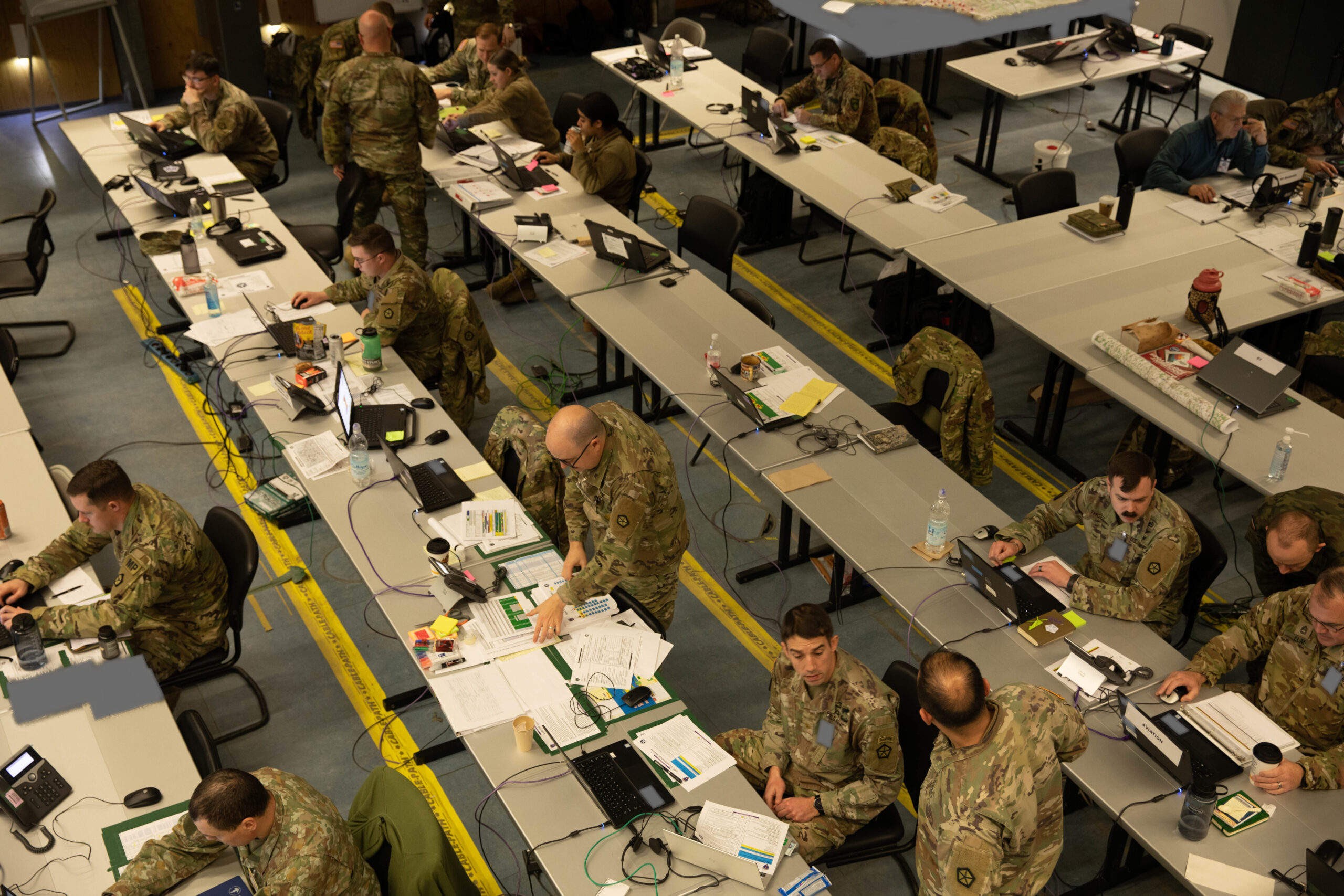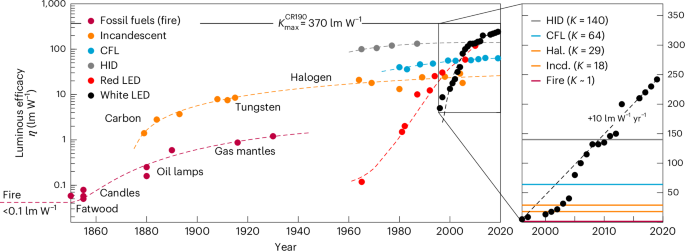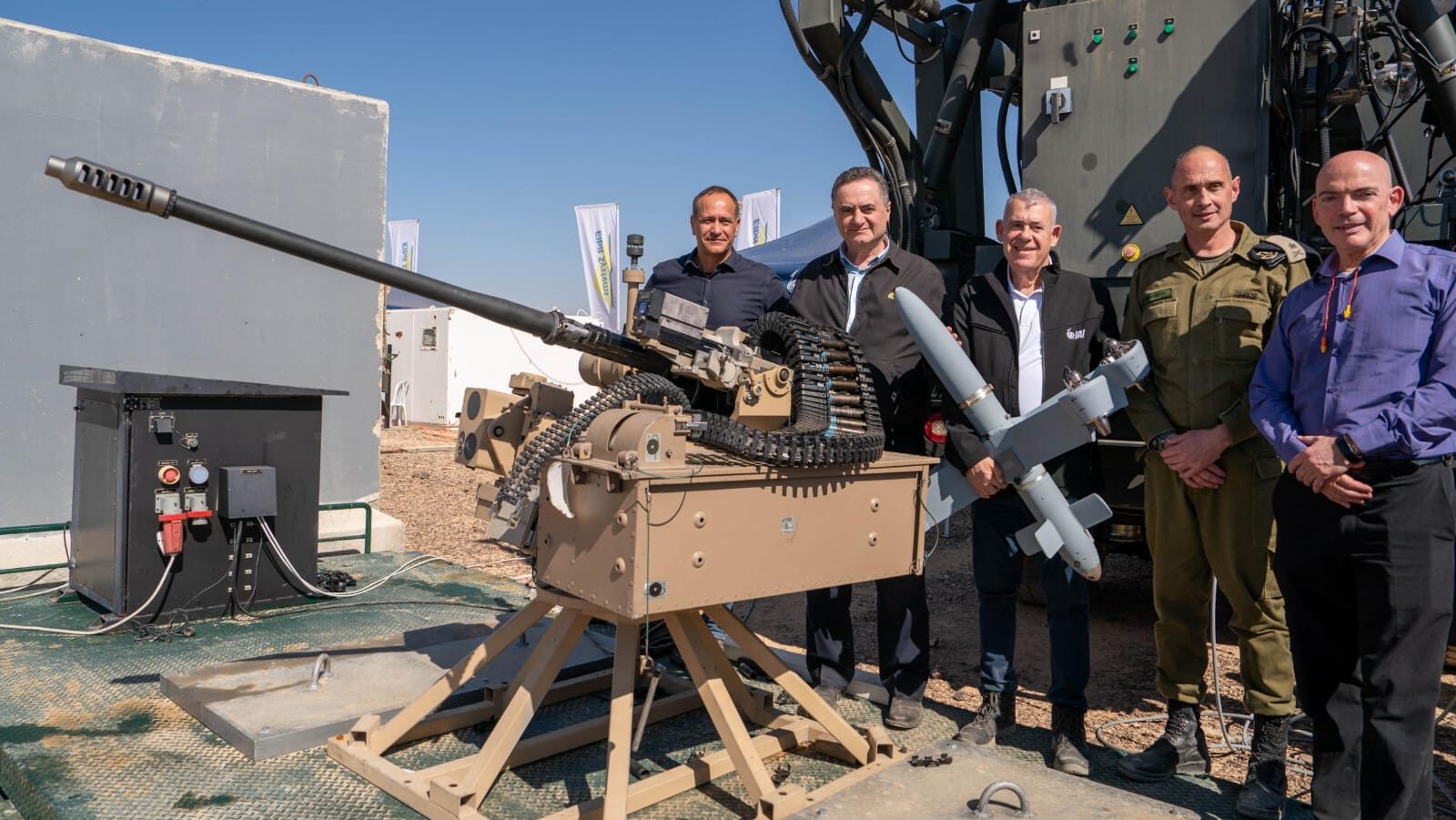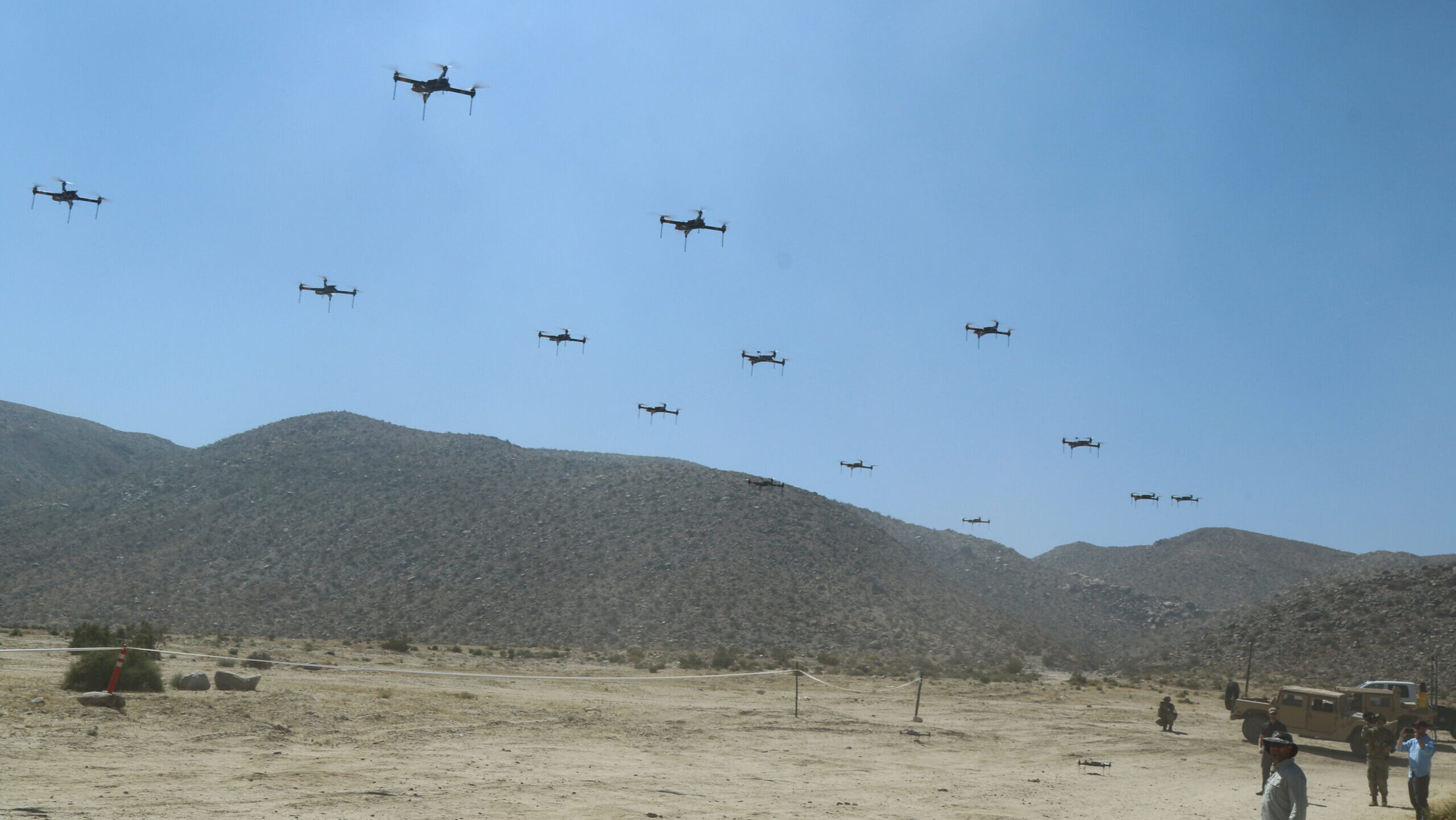Marines plan full review of IT infrastructure, look for AI opportunities
“We have AI deployed all across the Marine Corps, we have some great examples … but we are doing it [today] in a somewhat siloed manner,” said Capt. Christopher Clark, AI lead at HQ USMC.
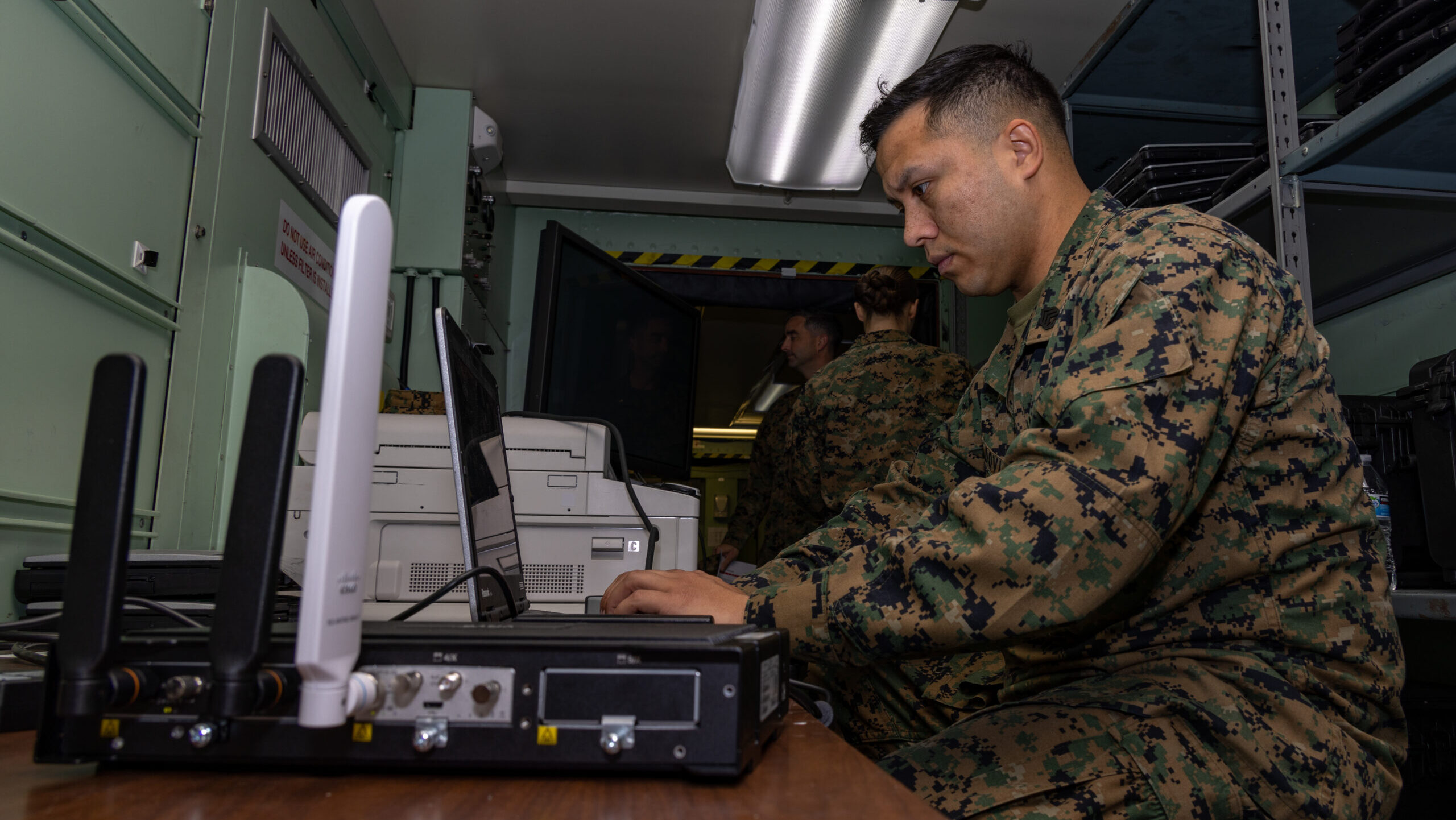

U.S. Marine Corps Staff Sgt. Juan Valdovinos works on a computer connected to Starshield at Marine Corps Air Station Miramar, California, Dec. 9, 2024. (U.S. Marine Corps photo by Lance Cpl. Jackson Rush)
WASHINGTON — This summer the Marine Corps will survey its sprawling IT infrastructure to assess its ability to support artificial intelligence, the AI lead at Headquarters Marine Corps said on Thursday.
That survey is just one prong of a larger strategy to better support and coordinate the “ground-up innovation” already underway across the service, Capt. Christopher Clark explained. Other aspects include teams of AI experts being stood up at select Marine commands and the possible creation of a “Center for Digital Transformation.”
“We have AI deployed across the Marine Corps. We have some great examples” of how well it’s working, Clark told the AITalks conference held here by Scoop News Group. For instance, he told reporters after his presentation, recruiters now have a prototype “Retention Prediction Network” that uses machine learning to predict which new recruits will complete their four-year contracts and which might need additional help to stay the course.
But the Corps wants more, and its current IT systems weren’t built to handle modern AI, which is notoriously hungry for computing power and training data.
“We are doing it [today] in a somewhat siloed manner,” Clark said of the Marines’s AI efforts. “That’s effective right now, [but] in order to do this faster, to keep up with the technology, to adopt these AI agents as they roll out in the future, we need to have the infrastructure to support it.”
Above all, Clark told the conference, that means having enough computing power and storage to serve Marines worldwide, whether they’re stationed in the US or deployed at the “tactical edge” on the First Island Chain in the Pacific. That mix of users and environments, in turn, requires a mix of cloud computing and on-premise capabilities that the survey will help balance.
The start date of the survey is still to be determined, Clark told reporters, but the plan is to get it done this summer.
Meanwhile, the Marine Corps has already started building “digital transformation teams” at key commands on a pilot-project basis, Clark said. The first one was stood up in March at II MEF, the East Coast-based 2nd Marine Expeditionary Force.
The second team will probably stand up in May or June at Marine Corps Logistics Command (MCLC), although Clark said it will mostly involve bringing MCLC’s existing, robust AI initiatives under one roof rather than adding many new personnel.
The third and final team for the pilot stage will stand up at Marine Corps Forces Pacific before the fiscal year ends Sept. 30, Clark said. The pilot project will continue for three years.
“Those digital transformation teams today are going to be focused on digitizing processes that are currently manual … [and] developing the data pipeline [to create] the data products that we need in order to enable AI and machine learning solutions, and then identify the AI use cases that are applicable,” Clark said.
In addition to these command-level “digital transformation” teams, the Marines are also looking seriously at establishing a Center for Digital Transformation for the service as a whole. This entity would work with the other services and academia to understand the cutting edge of AI and solve the Corps’s “most challenging problems” in digital technology, he said.
But its creation is not a foregone conclusion, Clark emphasized. The Marine Corps can’t afford either the money or the personnel to build the same kind of institutional structures the Army and Air Force have created for AI, he said.
“It is not going to be free to do this, so we need to be very careful about what we invest in and what we do invest in,” he told the conference. “We are, as a small service with limited budget, very interested in ensuring the AI improvement is effective, and that it is needed, and that we’re not just employing and adopting AI solutions that are just flashy, the newest thing and expensive.”




























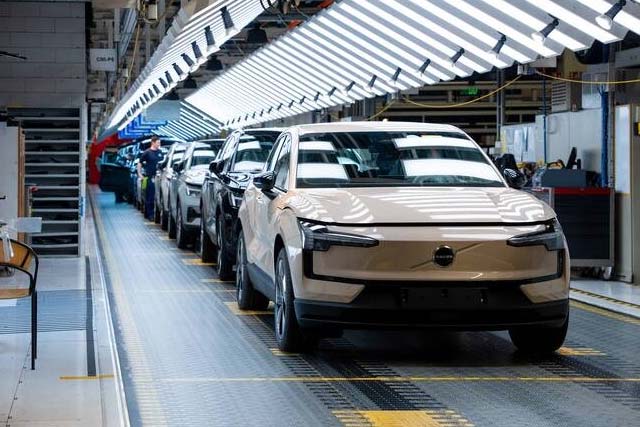



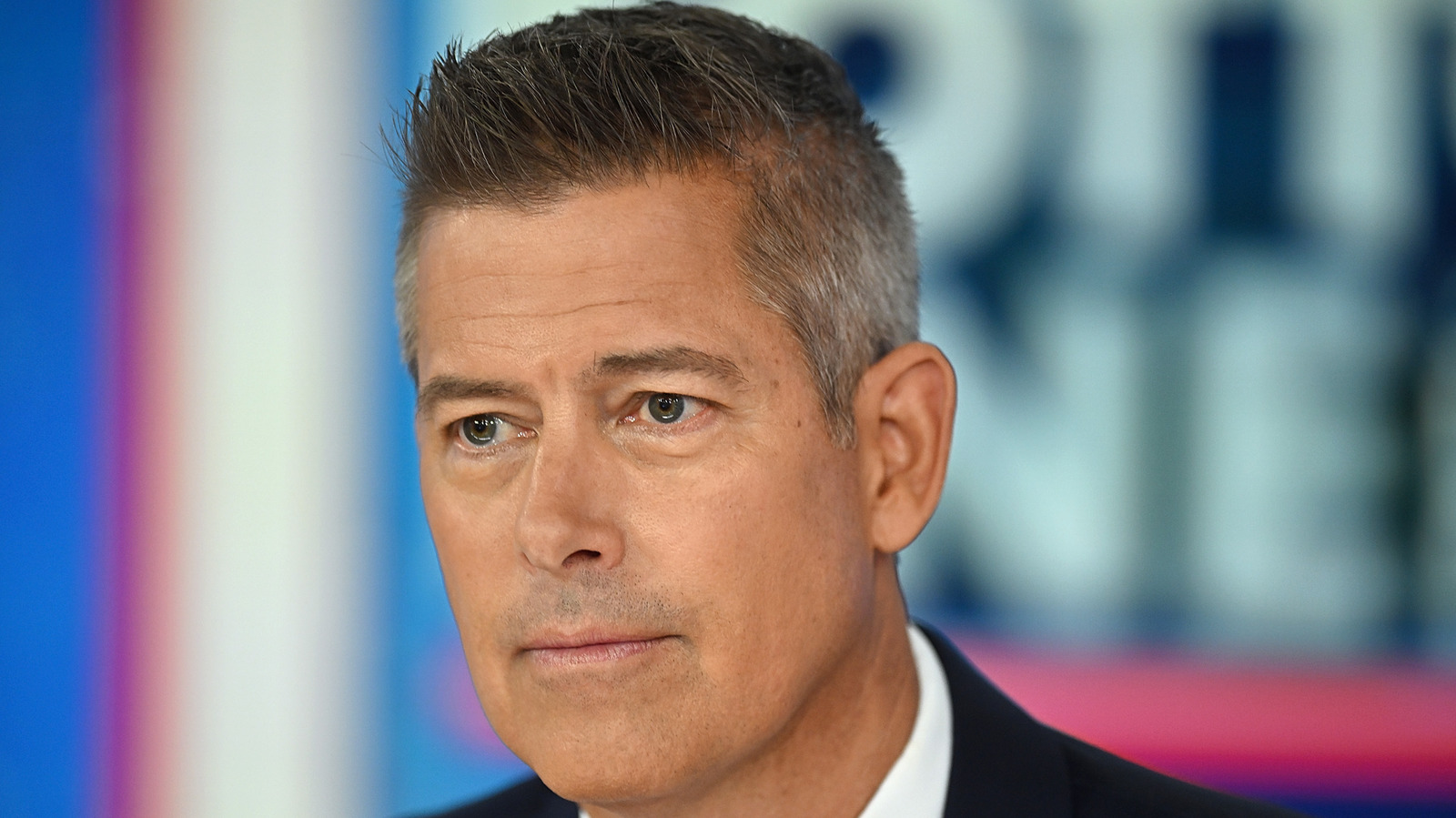

![Five-Star Basketball Prospect Severely Injured In Fiery Tesla Cybertruck Crash [Update]](https://www.jalopnik.com/img/gallery/five-star-basketball-prospect-severely-injured-in-fiery-tesla-cybertruck-crash/l-intro-1745597808.jpg?#)


























































